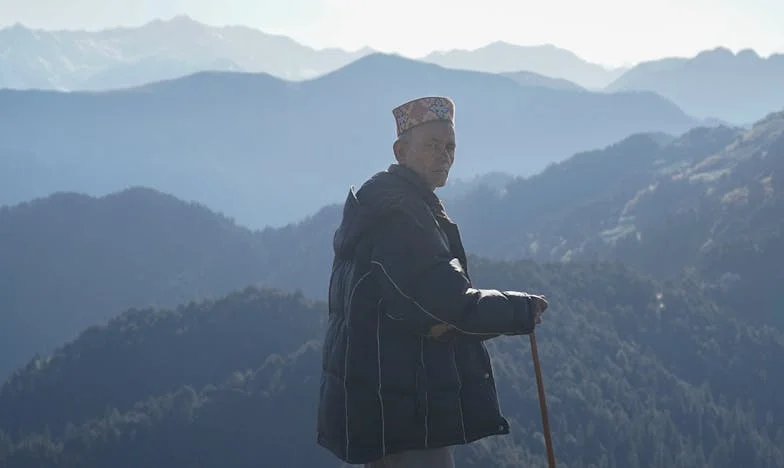“My Elderly Father Demands Help Despite Our Strained Relationship: ‘I’m Your Dad, You Owe Me'”
My father, now in his late seventies, has always been a complex figure in my life. Growing up, I never felt the warmth or affection that many of my friends experienced with their parents. Instead, my relationship with him was marked by a cold distance and harsh words. He was a man of few emotions, and those he did express were often negative.
As a child, I yearned for his approval and love, but it never came. Instead, I was met with criticism and indifference. My achievements were dismissed, and my failures were magnified. The emotional scars from those years have stayed with me into adulthood.
Now, as he ages and his health declines, my father has suddenly decided that our past doesn’t matter. “I’m your dad, you owe me,” he says, as if the mere fact of our biological connection erases years of neglect and emotional abuse. He expects me to drop everything and cater to his needs, despite never having been there for me.
It’s a difficult situation. On one hand, I feel a sense of duty to help him because he’s my father and he’s old. On the other hand, the pain from our past interactions makes it hard to muster any genuine desire to assist him. The resentment runs deep, and his lack of acknowledgment or apology for his past behavior only makes it worse.
One particularly painful memory stands out. I was twelve years old and had just won a school science fair. I was so proud of my project and couldn’t wait to show it to my father. When I did, he barely glanced at it before saying, “You should have done better.” That moment crushed me, and it’s something I’ve never been able to forget.
Now, decades later, he acts as if none of that matters. He calls me frequently, demanding help with various tasks—doctor’s appointments, grocery shopping, fixing things around the house. Each call is a reminder of the emotional void that has always existed between us.
I’ve tried to talk to him about our past, hoping for some sort of closure or at least an acknowledgment of the pain he caused. But he brushes it off, saying things like, “That was a long time ago,” or “You need to let go of the past.” It’s infuriating and disheartening.
My siblings are no help either. They live far away and have their own lives to deal with. They tell me that I should just suck it up and help him because he’s old and won’t be around forever. But they didn’t experience the same level of emotional neglect that I did. They don’t understand the depth of my hurt.
As I navigate this challenging situation, I find myself constantly torn between duty and resentment. I do what I can for him, but it’s never enough in his eyes. The lack of appreciation and continued emotional distance make every interaction a struggle.
In the end, there is no happy resolution to this story. My father remains as emotionally distant as ever, and I continue to grapple with my conflicting feelings. The wounds from my childhood have not healed, and his demands for help only serve to reopen them.
This is the reality of our relationship—a complicated mix of duty, resentment, and unresolved pain. It’s a reminder that not all family stories have happy endings, and sometimes the best we can do is navigate the complexities as best we can.
